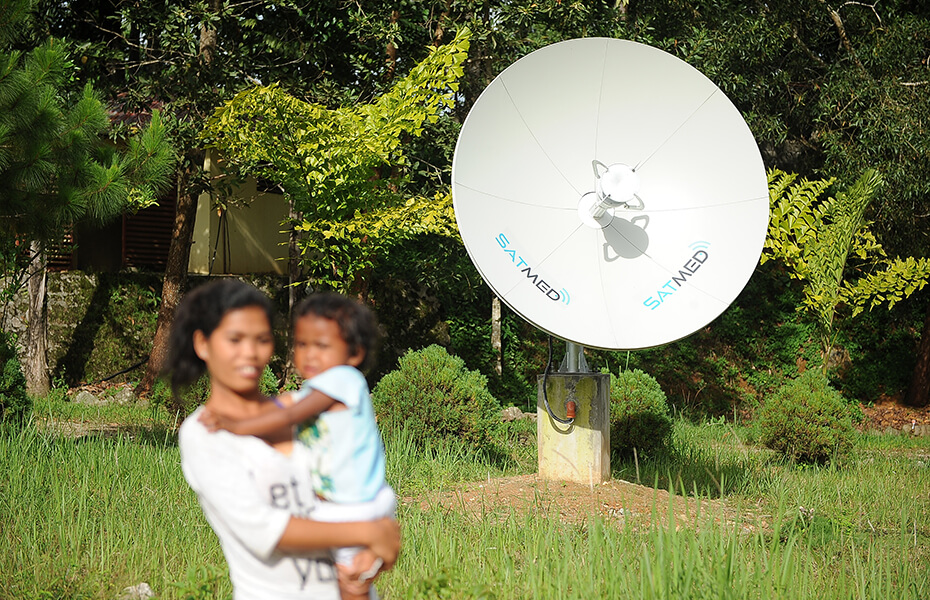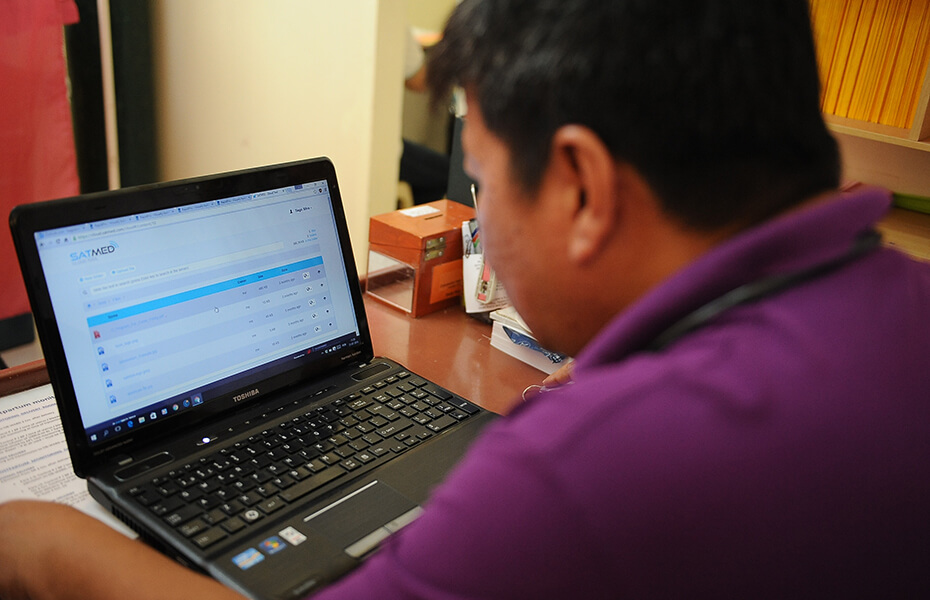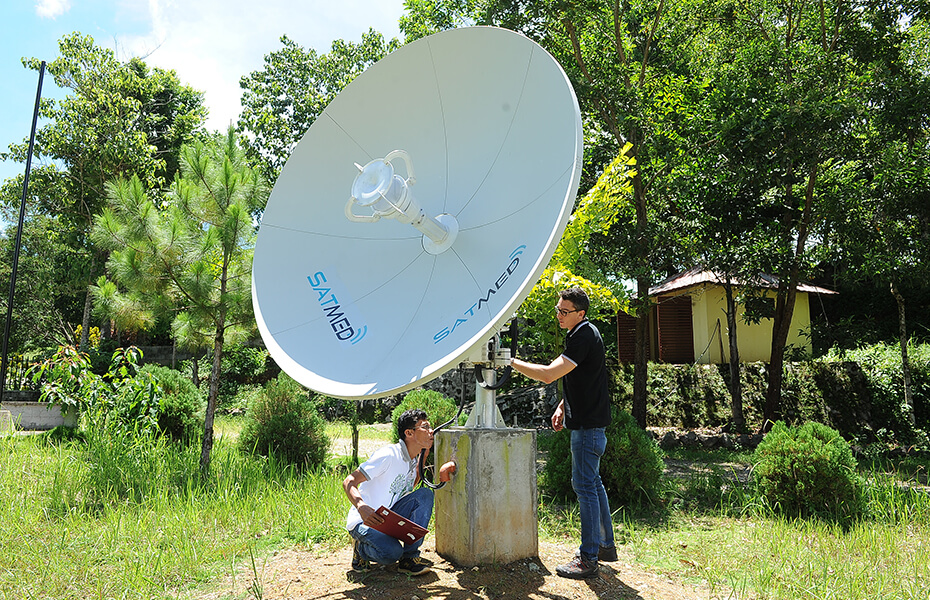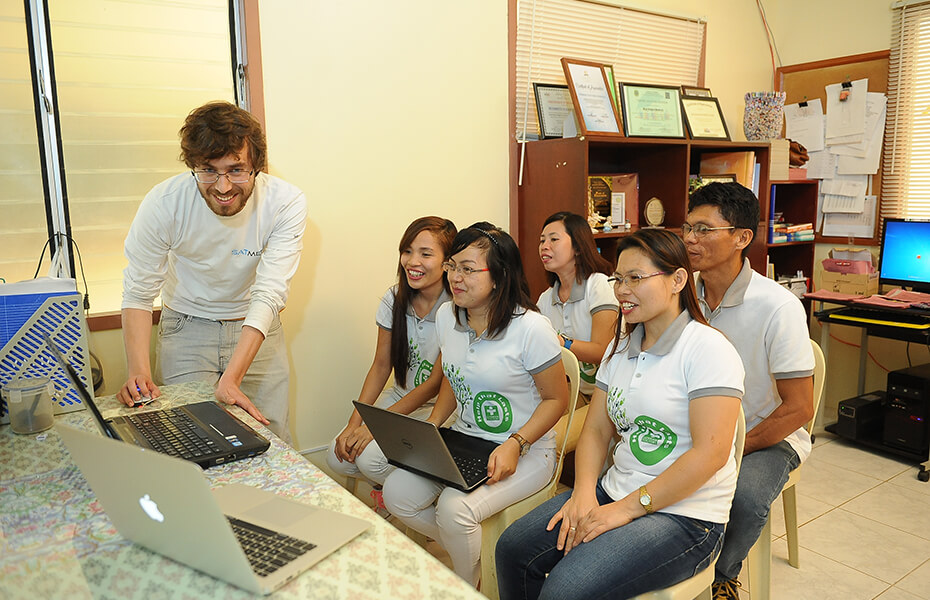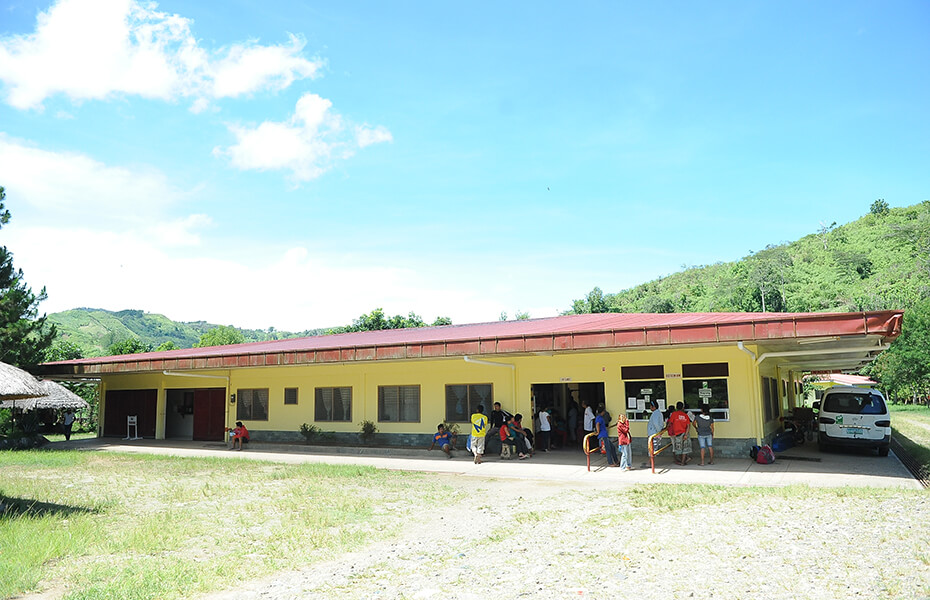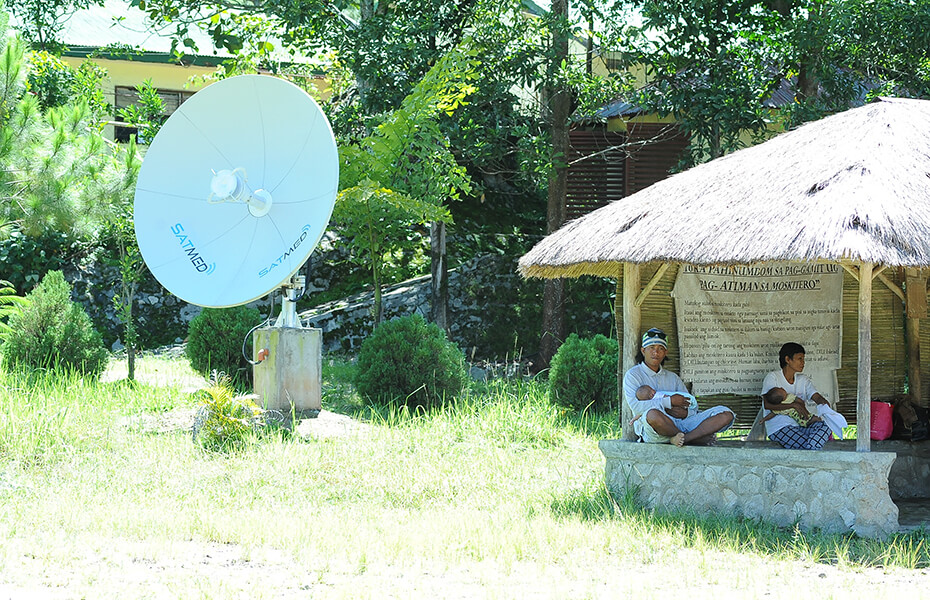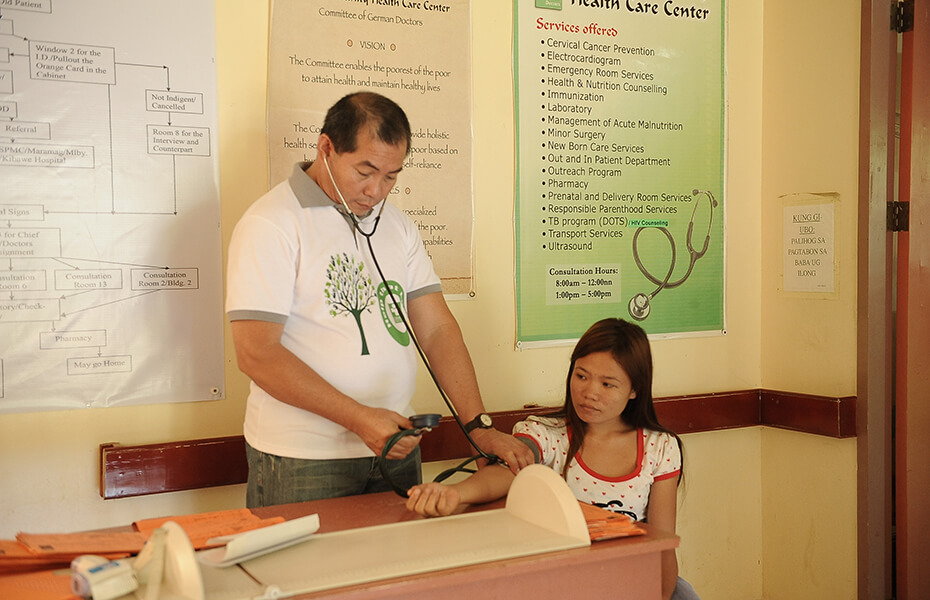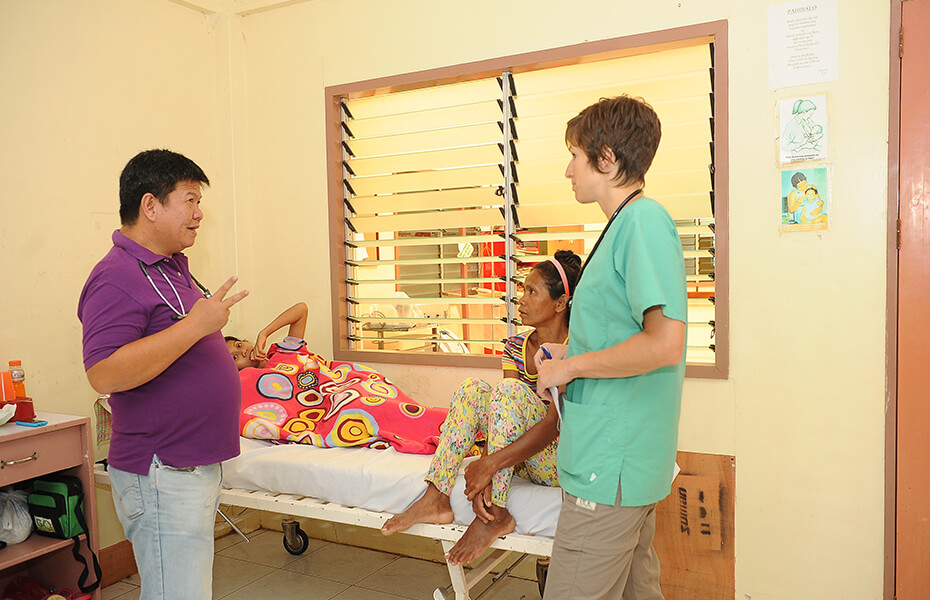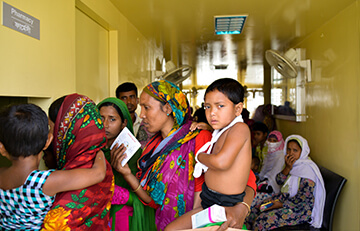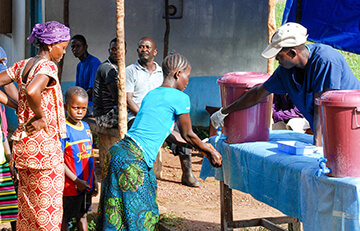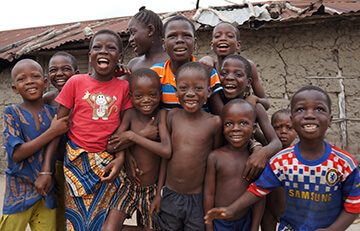Philippines
Used SATMED tools:
What SATMED solution brought:
- Serve marginalized communities with limited infrastructure
- Provide support for German Doctors’ rolling clinic program
- Collect patient data via mobile health information management systems
On the island of Mindanao, a wide spectrum of medical disciplines at different levels are covered in the Caygan de Oro Clinic and two hospitals in rural areas - from primary health care involving local health workers to secondary care in well-equipped clinics (with labs, ECG, X-ray, ultrasound).
Beside Caygan de Oro Clinic, Buda Hospital located in the center of the island serves the marginalized local communities living in the inner part of the island with very limited infrastructure and services. SATMED solution has been implemented in Buda Hospital with 4 purposes:
- Support the so-called rolling clinics, notably with the deployment of the Kobo tool. Medical teams visit local villages on a regular basis, not only to treat patients on-site, but also to offer prevention measures and health monitoring. Thanks to Kobo application, patient data can be collected offline during these visits, and synchronized with the main database once the internet is available again.
- Implement SATMED’s two-way SMS messaging systems to help healthcare workers in the occurrence of natural disasters, such as typhoons.
- Anticipate the connection of the stationary hospital’s imaging facilities with SATMED image archive and management system.
- Strengthen future training and education of local healthcare professionals, thanks to the increased use of SATMED e-learning tools.
What a member of the executive board of German Doctors says about SATMED: “The e-health solutions of SATMED help to increase knowledge and skills of local health workers and therefore strengthen the health systems in the respective country.”








More about German Doctor
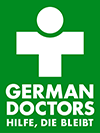
German Doctors is a non-governmental organization founded in 1983 and whose mission is to help people in countries located in the southern hemisphere have access to sufficient basic healthcare services, as well as education; regardless of prestige, ethnic origin, religion, nationality, political conviction, or any other differentiating characteristic.


